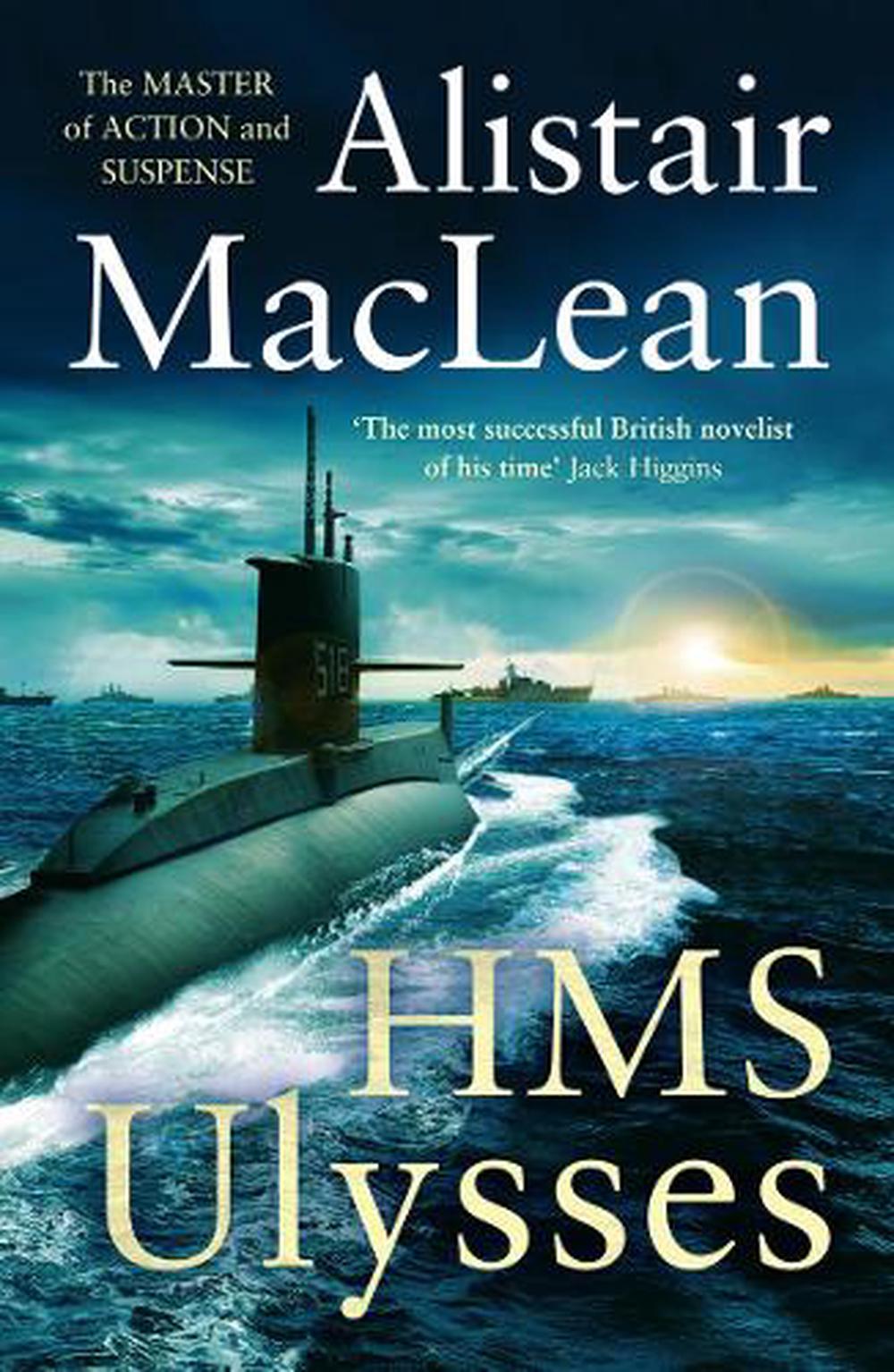
In Ulysses, however, I can find none of it. Even the lesser notable contenders have some considerable merit to this claim. Many of the works that have been called the greatest novels are typically worthy of this praise - The Brothers Karamazov, War and Peace, Moby Dick, although I think Dostoevsky wins out of these. Why not just move on?" The first point I would respond with is that I suppose that is just my personality - I have read hundreds of classics and studied many of them pretty thoroughly. One question that could somewhat easily toss much of my argument aside is this - "Who cares if people esteem this book much higher than you do? As you said, literary appraisal is subjective. Appraising literature, like many other art forms, is highly subjective. It's necessary to admit to many of the difficulties of this sort of conversation. I respect the use of steam of consciousness, but it was not enough to carry an entire novel, let alone chapter in the free-reign form Joyce gave it in Ulysses (vis-a-vis especially Portrait of an Artist, wherein it was much more effective and contained). The work is "comprehensible", but only to a certain point - the admirers pretend it goes much further. There is nothing to "get" out of Ulysses, and the admirers of it like to pretend they have a deeper understanding of it than others one of the merits of the work is that it caters to a superiority complex. One of the reasons Ulysses has been so admired is because it caters heavily to pseudo-intellectuals. I will be making some small exaggerations so-as to better convey some of my distaste for the book. Here I'd like to address two things - a more subjective, harsher criticism of Ulysses and some of its admirers and the types of comments I'd like to avoid and negate. Ulysses makes hundreds of references to things for the sake of referencing them, as if Joyce entered subjects from an encyclopedia at random. A quote at the bottom illustrates my point better. Bad pretentious is a sort of pseudo-intellectualism, which is more pretentiousness for the sake of being pretentious. I enjoy good pretentious, and by this I usually mean a handful of difficult references that complement or improve the narrative or theme. Even then, what on Earth is a book doing with this many annotations? I do enjoy relatively obscure references, but let's make a distinction between "good" pretentious and "bad" pretentious. Provided you even use these, they do little to clarify whatever is currently happening in the text. In the Ulysses Annotations by Gifford and Seidman, Chapter One, roughly 20 pages in my version, has 197 footnotes. These are an incredible minority in the text. Every author has written at least one remarkable sentence, if all-too-often by accident.


It has some worthy quotes, but nearly no book is without them. I have read it and disliked it, but the motives for its positive reception are somewhat of a mystery, so I suppose I have to equally address the fans in order to understand the positive feelings towards it. There is a great deal of difficulty in trying to fairly gauge a work - there must be a distinction between Joyce, Ulysses, and the fans: it is natural for people to criticize a thing more if they do not like the followers or its position in the world. However, it should absolutely never have been referred to as the greatest book of all time, let alone a "great" book. Perhaps, because of his style alone, it is worthy of the quantity of discussion that followed in the near-century since its publishing. His Portrait of an Artist as a Young Man is phenomenal, and I believe a much superior work to Ulysses (I'm illustrating a point, but let's not take the debate there). I refer to Ulysses itself as a work and not Joyce himself because I believe him to be a very capable author.

I consistently work through many literature classics, and recently I finally made my way to Ulysses.


 0 kommentar(er)
0 kommentar(er)
